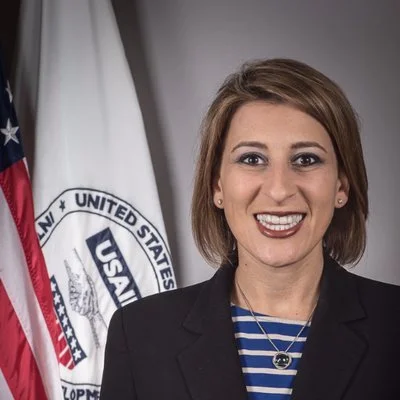U.S and Panama Pushes For An Expected Failed Occupying Military Force In Haiti Yet Again
June 12th, 20025
Following recent push from the U.S. and Panama to authorize a military occupation of Haiti, the UN Security Council is considering authorizing a new, larger "Gang Suppression Force" for Haiti. This initiative acknowledges the shortcomings of the existing Multinational Security Support (MSS) mission, which has struggled with a lack of funding and willing participants since its deployment in June 2024.
New proposal to the UN Security Council
Force size: A 5,550-member force, which is more than double the original planned size of the MSS mission.
Expanded Extrajudicial Powers: Unlike the current force, this new force would have the power to detain and arrest individuals without cause. The proposal calls for targeted counter-gang operations conducted independently of the Haitian police.
Funding: The force would continue to be funded through voluntary contributions, not the UN's assessed contributions.
Support office: The proposal calls for a UN Support Office to provide logistical and operational support, which would be funded through UN assessed contributions.
Mandate: The initial mandate would be for 12 months, it would replace the current MSS mission, whose authorization expires on October 2, 2025.
However Haitian history shows how military occupation of this nation, regardless of their initial short mandate, have always been expanded, with the longest lasting 19 years.
Context for the proposal:
Deputy Assistant Secretary of State for Caribbean Affairs and Haiti, Barbara Feinstein, an unknown figures in Haitian politics thus far, addressed an OAS press conference on September 11, 2025, urging the Security Council to act quickly. She stressed the need for "urgent coordinated action" to address the intensifying violence. Her announcement bizarrely made on the anniversary of the infamous September 11, 2001 terrorist attack in the United States comes as a surprise.
The U-S supported transitional Haitian government with 9 unconstitutional and illegal presidents at its head, has endorsed the U.S. proposal, recognizing the need for a stronger force to restore security.
The move follows extensive discussions within the OAS; an organization long known for its oversteps in Haitian politics; about finding relief for the country security situation.
Current security situation and challenges
The new proposal acknowledges the significant challenges faced by the current MSS mission and the deteriorating security situation in Haiti.
Problems with the current MSS force:
Insufficient funding: The mission has been consistently underfunded, with the UN Trust Fund receiving only a fraction of the estimated annual budget. Despite their supports by international organizations such as the OAS and United Nations, occupying military forces in Haiti have always suffered chronic budget cuts.
Force Shortages: The actual deployment of personnel has been far below the 2,500 troops initially envisioned.
Lack of effectiveness: The mission has been largely unsuccessful in halting the expansion of gang violence, due to lack of funding and adequate equipments. Gangs have expanded their control, with an estimated 85% of Port-au-Prince under their influence.
Escalating violence:
The UN reported 5,601 people were killed in gang violence in 2024 alone.
Gangs, such as the Viv Ansanm coalition, are now better equipped and organized than the Haitian police and the MSS mission.
There are growing concerns that gangs are increasingly recruiting underage into gang activities.
Looming questions for the new proposal
Despite its potentially stronger mandate, the new proposal faces numerous questions?
Why yet another occupying force in Haiti and how is this particular Military force any different from the past ones?
Language Barrier: Haiti is a Creolophone and Francophone nation, how does a force from an English-speaking country effectively communicate with local authorities and the population.
As the new force would still rely on voluntary contributions, its long-term viability remains uncertain. The UN Trust Fund for the current mission has consistently fallen short of its goals, even with major pledges from the U.S. and Canada.
Will countries commit troops? The proposal does not specify which countries, other than Kenya, would provide the additional troops. Many Caribbean nations have either reduced or halted their commitments to the existing mission.
Will a bigger force make a difference? Critics argue that a larger force alone will not address the underlying political and economical issues.

